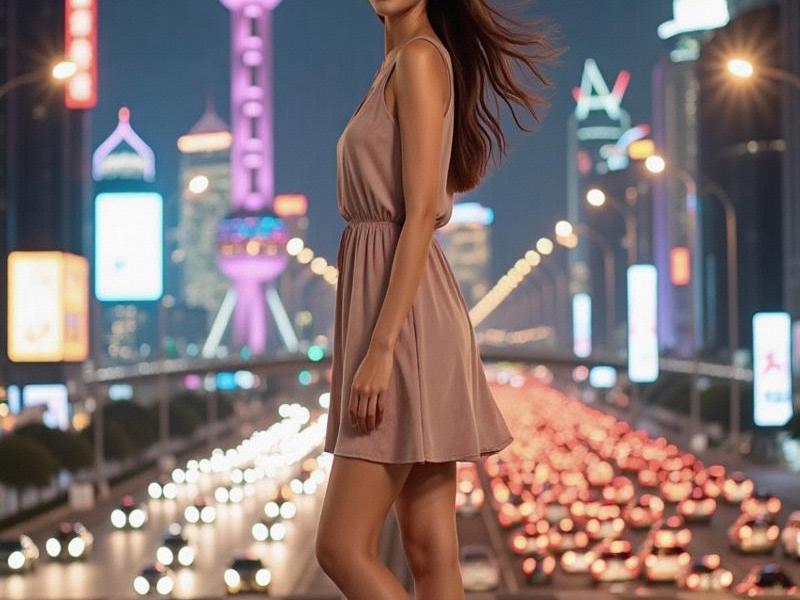This 2,400-word investigative report examines how Shanghai's entertainment clubs have evolved from simple karaoke bars to multi-functional luxury complexes that reflect the city's unique blend of Eastern and Western influences while driving significant economic growth.

The neon glow of Shanghai's entertainment district pulses with energy as the city transitions from financial hub to nightlife capital. Behind the velvet ropes of its exclusive clubs lies a fascinating story of cultural adaptation and economic transformation that reveals much about modern China's evolving social landscape.
The Evolution Timeline
• 1990s: Basic KTV parlors emerge
• 2000s: Western-style nightclubs gain popularity
• 2010s: Luxury "super clubs" debut
• 2020s: Hybrid entertainment complexes dominate
Current Market Overview (2025)
- 320+ licensed entertainment venues citywide
上海龙凤419官网 - Nightlife contributes ¥28.7 billion annually
- 42% of venues offer hybrid KTV/club experiences
- Average customer spend: ¥1,200-¥5,000 per night
Design & Architecture Trends
✓ "East-meets-West" interior concepts prevail
✓ Smart lighting systems adjust to crowd energy
✓ VIP rooms feature cutting-edge acoustics
✓ Sustainable materials gain popularity
419上海龙凤网
Entertainment Innovations
◆ AI-powered song recommendation systems
◆ Interactive digital art installations
◆ Celebrity chef collaborations
◆ Themed cultural nights (Jazz Shanghainese, etc.)
Economic Impact
- Employs over 38,000 hospitality workers
爱上海同城对对碰交友论坛 - Generates 12% of tourism revenue
- Supports 1,200+ local suppliers
- Attracts high-net-worth visitors globally
"Shanghai's clubs have become cultural laboratories," notes nightlife analyst Mark Henderson. "They're not just places to drink and sing - they're where China's new elite socialize, network, and even conduct business in carefully curated environments."
From the historic Bund to the futuristic Pudong district, these venues reflect Shanghai's unique position as China's window to the world. Their success lies in understanding that modern Chinese entertainment isn't about choosing between tradition and modernity, but about creating spaces where both can coexist in perfect harmony.
As Shanghai continues to assert itself as Asia's nightlife capital, its entertainment clubs stand at the forefront of this transformation - not merely as places of leisure, but as important social and economic institutions shaping the city's identity in the 21st century.